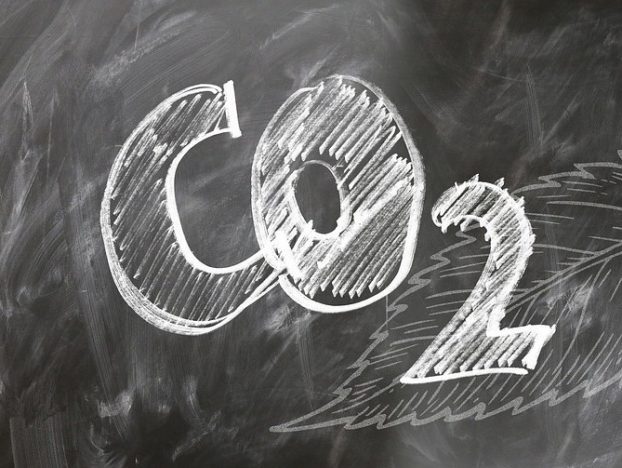As a proponent of hydrogen being key to the UK’s atmospheric decarbonisation drive, I am concerned that hydrogen receives so little press when compared with carbon capture and storage (CCS).
CCS, to my mind, has some serious flaws; the major concern being that CCS has a large parasitic energy load.
To provide the energy required for CCS means that more hydrocarbons have to be combusted, which in turn means more carbon dioxide (CO2) is produced.
The parasitic load for the CCS compressors, dryers and CO2 absorption plant typically requires 15-30% more fuel.
Of course around 90% of the CO2 is captured by the CCS plant so what’s the problem?
The additional 15-30% fuel has to be supplied by the oil and gas producers, the consequence being that the associated energy use in production will increase.
The upshot is the additional harmful emissions of CO2, nitrous oxide, sulphur dioxide and particulates from the producing plant. Also CCS does not address the huge swathe of emissions from transport.
CCS could be combined with hydrogen production. The main industrial process for hydrogen production is steam methane reforming (SMR).
Here, methane (natural gas) is combined with water (steam) to produce hydrogen and CO2. The two reaction products are separated with the CO2 vented to the atmosphere and hydrogen used as a feedstock to multiple processes.
A CCS plant is bolted on to deal with the CO2, thus a combined CCS and SMR plant would produce low carbon hydrogen; the hydrogen being used as carbon free fuel for power and transport.
This combined process is termed carbon capture utilisation and storage (CCUS). Hydrogen-based CCUS is an improvement over CCS but, like CCS, it requires more hydrocarbons to be produced to feed and fuel the process.
An alternative is to produce hydrogen by seawater electrolysis using renewable energy – a process that produces no CO2 or other harmful emissions. A process that can also use surplus renewable energy and has an almost limitless, free feedstock. Electrolysis though is viewed as too expensive when compared to SMR but that is changing.
Shell and others are investigating electrolysis as a competitive route to large scale hydrogen production. Are we in a similar position with hydrogen by electrolysis as wind power was a decade or so back?
Wind was viewed as commercially unattractive but that position has changed as offshore wind technology has driven the cost of electricity production down.
“CCS is a false climate solution that bolsters big oil” claim Greenpeace. I am not quite there but I do understand Greenpeace’s position – CCS requires the extraction of more fossil fuels hence could be viewed as a favourable option for oil and gas companies.
Whilst the government and other commentators believe CCS/CCUS is essential to meet the UK’s climate goals, I remain to be convinced. CCS/CCUS feels like a blunt, end of pipe, short term solution.
There is some excellent hydrogen research and development being undertaken through government and industry initiatives, but are we putting sufficient effort and funding into its development? CCS/CCUS is a stopgap to a big hydrogen world. We should bypass CCS/CCUS and deliver on hydrogen.
Finally, hydrogen will not solely deliver on decarbonisation – energy efficiency, land use, renewables and battery power all have their part to play.



